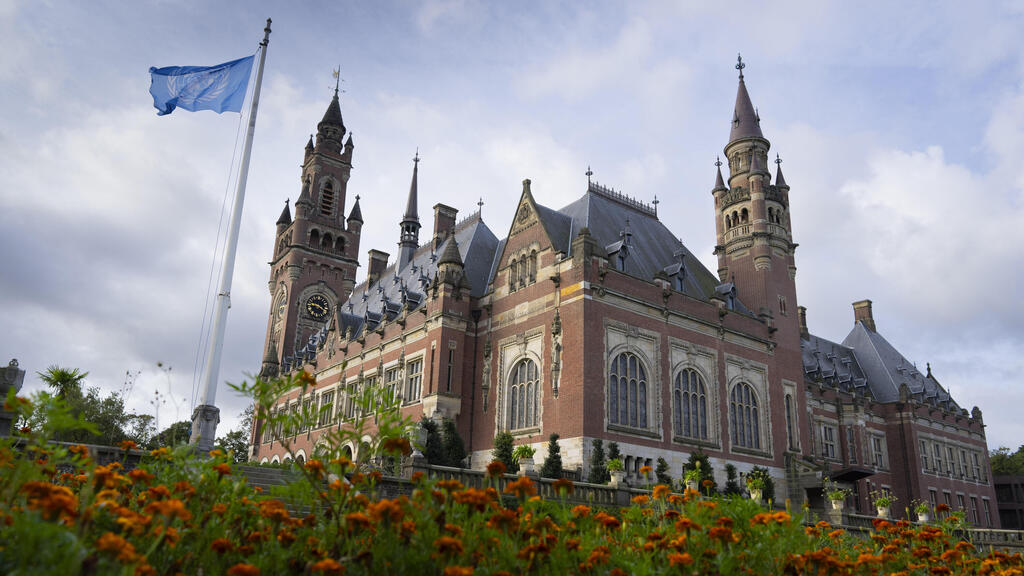After Israel fared better than expected in South Africa's challenge at the International Court of Justice in The Hague on Friday, the political system, as well as the legal system, is facing a new and immediate headache on the international front. In about two weeks the court will discuss the Palestinian Authority's request for an opinion regarding the "legality of the ongoing Israeli occupation of the West Bank."
Read more:
Since this is an "opinion" and not a request for a ruling, the hearing will not be the same as the hearing that took place during the past month after the complaint filed by South Africa against Israel for "committing genocide in Gaza." The discussion is supposed to take place for months, if not years, but sources in the legal and political system said that "this is another discussion as part of the 'legal warfare' that Palestinian organizations are conducting against Israel in the international arena - with the aim of blackening Israel and adding to its delegitimization."
About a year ago, the UN General Assembly accepted the proposal to ask the International Court of Justice in The Hague (ICJ) for a legal opinion against Israel regarding the "legal significance of the ongoing Israeli occupation." The proposal then passed with a majority of 87 countries in favor, 53 abstained and 26 opposed.
In the opinion, the court is required to find out the "Israeli measures to change the demographic composition, character and status of Jerusalem, and the adoption of legislation and discriminatory measures" and "their influence on the legal status of the occupation."
A senior political official clarified that this is an "advisory opinion that is not binding on Israel." However, this is a discussion in a body with international legal prestige, which will be used as a weapon against Israel, its image and trust in it. In addition, the discussion may benefit supporters of boycotts against Israel and its products, such as the BDS movement.
"Against the background of the discussion in The Hague on the 'genocide' in Gaza, this is another headache that is not necessary for Israel," said a senior source.
In 2003, the Palestinians took a similar step when they asked for an opinion from the court in The Hague regarding the legality of the separation fence. They claimed that "the construction of the fence will establish "facts on the ground" and will forever mark the border between Israel and Palestine, and will define the future borders without a political agreement. According to the Palestinians, it was an "annexation" of territory.
At the same time, the global Bnai Brith International organization appealed to the court not to discuss the request of the UN General Assembly because "the decision of the General Assembly was very biased, presented political opinions as facts and asked the ICJ to confirm these opinions." The appeal, which spans over 90 pages, was written by a series of leading international jurists. It states that "the court's decision to continue hearing this case will be seen as a prominent political decision rather than a judicial one, which will cause serious damage to the court's reputation.


